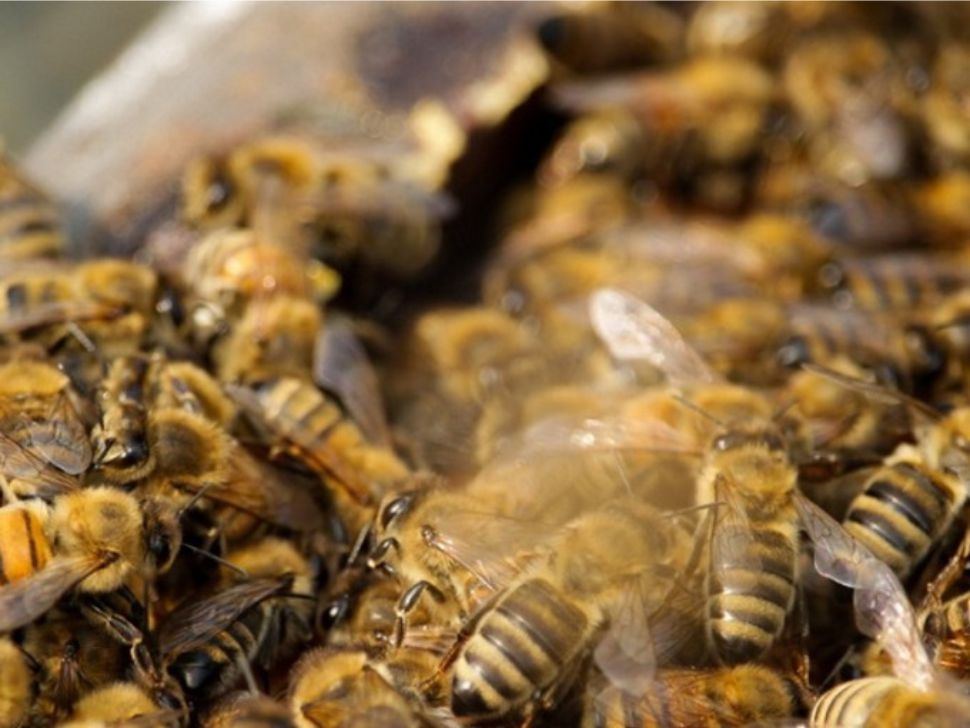As wildfires rage across the province, the environmental impact is being felt in every corner of the ecosystem, including one vital link in our food chain.
Curtis Oude Voshaar, local beekeeper at OV Honey Farms, is witnessing firsthand how smoke is affecting his bees, their behaviour and honey production.
“When the (wildfire) smoke gets thick, you can notice the bees aren’t as active outside. They tend to stay closer to their hives, so they produce less honey, and they seem more on edge, more agitated,” Oude Voshaar says.
Bad bee-haviour
“They’re just a little more aggressive towards you when you’re in the yards,” he explains.
The wildfire smoke disorients bees, disrupting their communication systems and increasing stress levels.
“Just checking them out, they’re a little more angry and more prone to sting you.”
Smoke gets in your hives
Unlike wildfire smoke, beekeepers often use controlled smoke to mask bees’ alarm pheromones, calming the hive and making inspections safer for both the bees and the beekeeper.
Each beekeeper has their own smoke method – like using pine needles or branches.
"It all depends on what you have available to you. But the key is just a little bit (of smoke) at a time, to help remove the pheromone they produce to protect their hives and calm them down," he says.
Buzzkill for harvesting
He notes that there is a decrease in honey production this year — but wildfire smoke isn’t solely to blame.
“Partially because of the smoke, but mainly just due to the fact that the canola is (growing) so much faster this year,” he says.
While Oude Voshaar hasn’t noticed any changes in the flavor of the honey yet, he’s unsure of what the final product will be like.
"We’ve only just started extracting. In the coming weeks, we’ll be able to tell better when we pull from the yards that had heavier smoke."
While the full impact of wildfire smoke on bees is still unfolding, early signs point to increased stress, reduced honey production, and shifting hive behaviour.
For beekeepers, adapting to these new challenges is becoming part of the job — and a reminder of how closely our ecosystems are connected.
